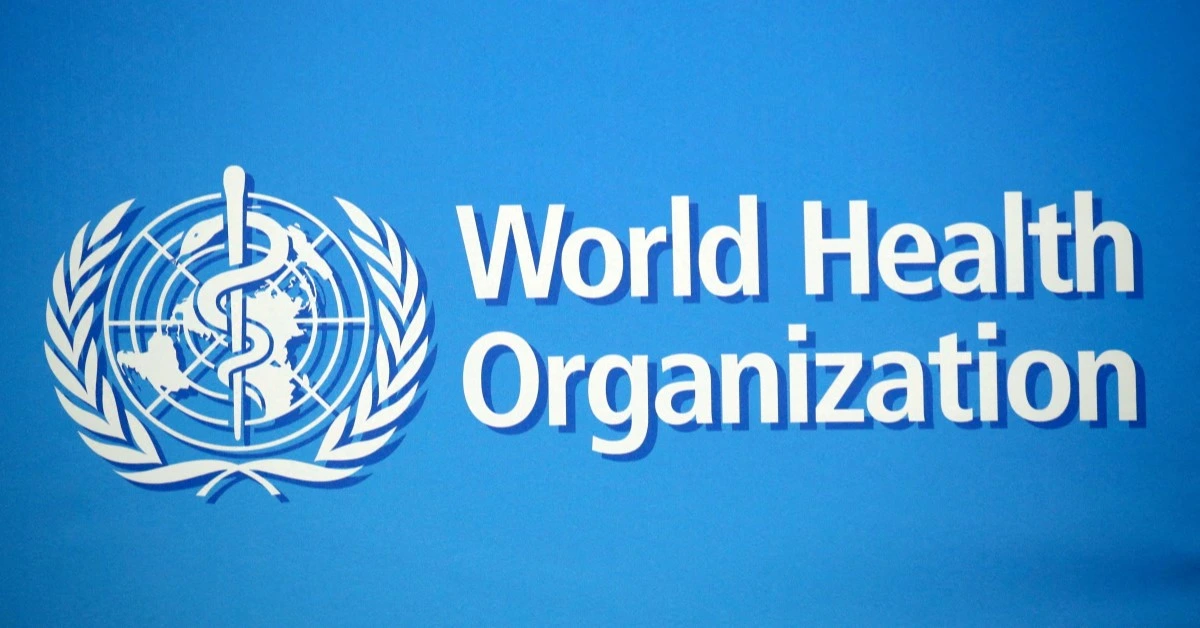
SWITZERLAND – The World Health Organization (WHO) has authorized the use of Cecolin, one of its five licensed HPV vaccines, as a single-dose regimen.
This decision allows girls to receive one jab without the need for a follow-up dose, potentially improving vaccine uptake and accessibility.
WHO’s endorsement is a crucial step in addressing the global cervical cancer epidemic, which disproportionately affects women in low- and middle-income countries.
The approval follows promising findings from trials conducted in Kenya, indicating that a single dose of the HPV vaccine is sufficient for effective prevention of cervical cancer.
The randomised, multicentre, double-blind, controlled trial included 2,275 women between the ages of 15-20.
They were randomly assigned to receive either a single dose of the bivalent (in pairs) or nonavalent HPV vaccine or the control vaccine.
Results showed the single dose of both the bivalent and nonavalent HPV vaccines recorded an efficacy of 98 per cent. Additionally, the nonavalent vaccine had an efficacy of 96 per cent for the nine types of HPV it targets.
Dr. Nelly Mugo, a lead investigator from the Kenya Medical Research Institute, highlighted the importance of the single-dose approach, stating, “We believe that these findings could have significant implications for vaccination programs in low-resource settings, where the burden of cervical cancer is highest.”
A major public health milestone
The WHO’s decision is rooted in new data that met the criteria set in its 2022 recommendations for the off-label use of HPV vaccines in single-dose schedules.
Dr. Tedros Adhanom Ghebreyesus, WHO Director-General, remarked, “Unlike most other cancers, we have the ability to eliminate cervical cancer, along with its painful inequities.
“By adding another option for a one-dose HPV vaccination schedule, we have taken another step closer to consigning cervical cancer to history.”
Cervical cancer, caused by human papillomavirus (HPV) in over 95% of cases, leads to approximately 660,000 new diagnoses annually, cites WHO.
Alarmingly, a woman dies from this preventable disease every two minutes worldwide, with 90% of these deaths occurring in low- and middle-income nations. Notably, 19 of the 20 countries most affected by cervical cancer are in Africa.
Addressing global supply challenges
Despite the WHO’s positive announcement, HPV vaccine rollouts have faced hurdles due to global supply shortages since 2018.
Compounding this issue, production challenges encountered by manufacturers earlier this year have resulted in further vaccine shortfalls, impacting millions of girls in need across Africa and Asia.
Dr. Kate O’Brien, Director of the Department of Immunization, Vaccines and Biologicals at WHO, stated, “Having 90% of girls fully vaccinated with the HPV vaccine by 15 years of age is the target for the first pillar of the WHO global strategy for cervical cancer elimination.
“Given the continuing supply challenges, this addition of a single-dose vaccine product means countries will have greater choice of vaccines to reach more girls.”
Progress in vaccine adoption
Global data released on July 15, 2024, indicates a notable increase in single-dose HPV vaccine coverage among girls aged 9 to 14 years, rising from 20% in 2022 to 27% in 2023.
By September 10, 2024, 57 countries had adopted the single-dose schedule, with WHO estimating that this shift has enabled at least 6 million additional girls to receive HPV vaccines.
The funding landscape for cervical cancer elimination has also seen improvements, with nearly US $600 million committed to initiatives aimed at enhancing HPV vaccine coverage.
Key contributors include the Bill & Melinda Gates Foundation (US $100 million), UNICEF (US $10 million), and the World Bank (US $400 million), all of which are dedicated to accelerating HPV vaccine introductions by 2030.
In a further boost to HPV vaccination efforts, WHO prequalified a fifth HPV vaccine, Walrinvax, on August 2, 2024.
This addition to the global market will enhance the sustainability of HPV vaccine supply. Currently prequalified for a two-dose schedule, further studies will determine if Walrinvax can also be recommended for single-dose use.
XRP HEALTHCARE L.L.C | License Number: 2312867.01 | Dubai | © Copyright 2025 | All Rights Reserved